Mr. Rishabh Sethi, Chief Operating Officer, SPML Infra Limited shares his views on the importance of Environmental Engineers and the need of qualified and skilled professionals in the industries.
1. What is the current market trend of engineering industry?
The engineering sector plays crucial roles and touches virtually all other industry segments using its skill and techniques. Engineering in the modern world is applied to fields as diverse as software, genetics, health sciences and finance etc.
Engineering education have followed changes in technology and society to meet the critical challenges and to provide the workforce required skill sets to integrate new developments into the economy. However, technological changes are happening at a faster pace and engineering needs to apply some of its skills for future necessary advances, and adapting the education of future generations of engineers to be “ahead of the curve”. Water sector is booming and there is large number of qualified engineers required to make arrangements of drinking water to ever increasing population of the world. Infrastructure sector such as Metro Rail, Mono Rail, High Speed Transportation System, and Highways& Flyovers along with Renewable and Traditional Energy sectors will require well trained and skilled civil mechanical, electrical engineers.
I see there should be three dominant trends in engineering in 2014 because
- i. Construction projects will continue to increase in complexity,
- ii. Increased competition for the same projects due to globalization and interests from various global companies,
- iii. Increased efficiency as executors of large infrastructure projects will seek to cut costs through various engineering and technology processes.
2. What are the key skills that you sought in a candidate when you hire them?
For any qualified and good engineer, one should have strong fundamental concepts in respective stream along with some field exposure. One should be keen to make strong technical base, sincerity and dedication towards the objective with flexible attitude that will be valuable assets. For any engineer to succeed, it is required that s/he should be a team player with problem-solving skills and resourcefulness, when unexpected issues inevitably arise. Accepting feedback and applying lessons learned that drives innovation to increase efficiency and can adapt to any situation and are dependable no matter what’s thrown at them.
3. How helpful is this niche course Environmental Engineering fulfilling the requirement of your industry?
We are into water, wastewater and environment sectors and environmental engineers are required for water sector for process design of water and wastewater treatment plants, design and development of sewerage facilities, solid waste management facilities many others.
4. Do you think that there is a requirement of more such skilled personal in Environmental Engineering in the industries at present time?
Yes, there is a good demand of environmental engineers but as of now the availability is limited. Environmental considerations and guidelines in all infrastructure development projects is much higher now than ever before and for any large and complex projects, good qualified environmental engineers will be a resource. The demand would increase with the passage of time and hence the requirement is to produce good environmental engineers.








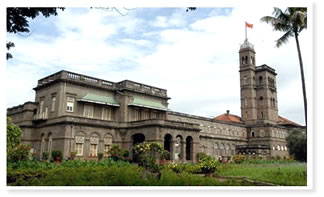



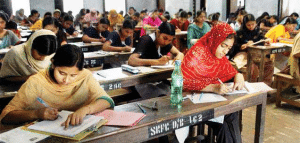 A suitable reward system may be introduced for whatever little, but remarkable any stakeholder is doing. The potential and capable students may be invited to join editorial teams of college magazines and newsletters. They may be asked to participate in the continuous evaluation process. Celebrity’s lectures and interaction sessions may frequently be organized to remove students’ inferiority complex and feelings of lowesteem. The authorities of HEIs should show faith and confidence in them. The HEIs were suggested to strengthen library. The students may be asked to come forward not only with complaints but also with some possible solutions. The students may be involved in academic audit and in curriculum development. The students may be invited to join the campus’ cleanliness drive.
A suitable reward system may be introduced for whatever little, but remarkable any stakeholder is doing. The potential and capable students may be invited to join editorial teams of college magazines and newsletters. They may be asked to participate in the continuous evaluation process. Celebrity’s lectures and interaction sessions may frequently be organized to remove students’ inferiority complex and feelings of lowesteem. The authorities of HEIs should show faith and confidence in them. The HEIs were suggested to strengthen library. The students may be asked to come forward not only with complaints but also with some possible solutions. The students may be involved in academic audit and in curriculum development. The students may be invited to join the campus’ cleanliness drive.
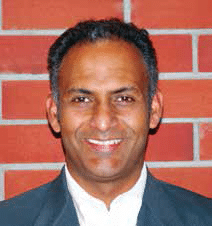
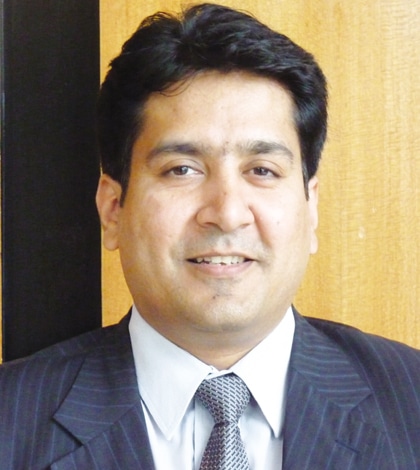
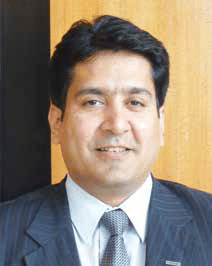


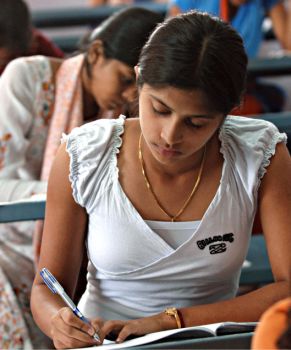

 Financial Literacy and Dr Lamba
Financial Literacy and Dr Lamba












